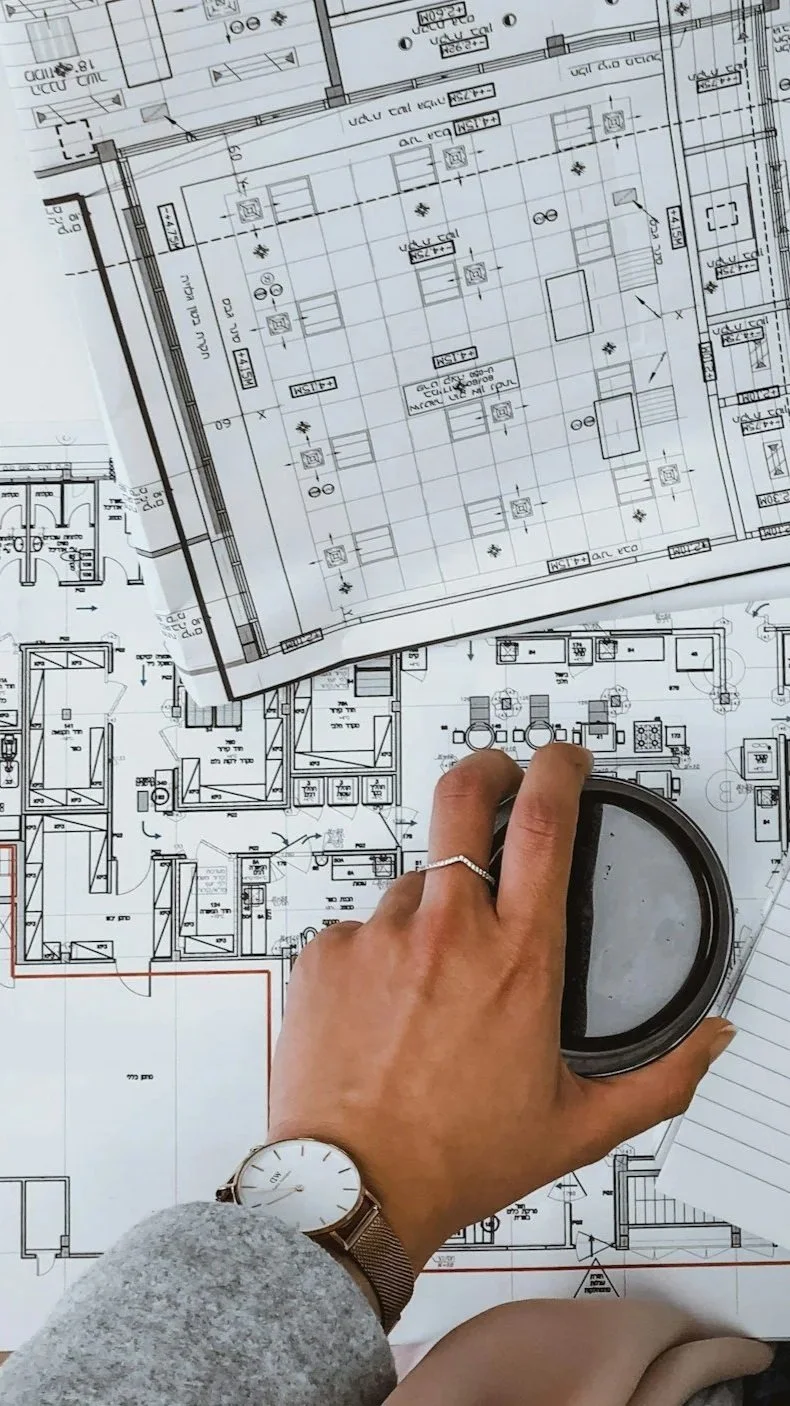From Vision to Reality: An Expert’s Guide to Building Your Custom Home in Maine and New Hampshire
The journey of building a custom home is one of the most significant endeavors you can undertake. Unlike the simplified narratives often portrayed on television, the real process is a meticulous collaboration of vision, planning, and craftsmanship. While complex, it is also an unparalleled opportunity to create a home that is a true expression of who you are.
This guide serves as a professional roadmap—demystifying the essential steps and empowering you to steward the creation of a home that is a lasting reflection of your vision.
1. Is a Custom Home the Right Path for You?
Before the first line is drawn or the first shovel of dirt is turned, the most successful custom home projects begin with thoughtful self-assessment. This is a deeply collaborative process that requires more than just a budget; it demands clarity, patience, and commitment.
The Seven Hallmarks of Readiness
The clients who derive the most joy from the process typically share these traits:
You Have a Clear Vision: A Pinterest board, design scrapbook, or folder of inspirations signals readiness to begin.
Your Lifestyle Demands Uniqueness: Whether it’s an in-law suite, home office wing, or specialized workshop, you need more than a standard plan.
You Seek Location Perfection: You’ve found the ideal lot but no existing home that suits it.
Your Budget and Financing Are in Order: You’ve established a realistic financial framework early.
You Are Patient and Detail-Oriented: Building a custom home is a long-term relationship with your team.
You Prioritize a Long-Term Investment: You are prepared for a one-to-two-year journey that yields a home built to last.
Existing Homes Fall Short: You know the only way to get exactly what you want is to build it yourself.
2. The Foundation of Success: Strategic Planning and Budgeting
The planning stage is the best defense against cost overruns and delays. Careful foresight ensures your vision aligns with your financial reality.
Establishing a Realistic Project Budget
Avoid television “fantasy budgets” or anecdotes from other markets. Pricing is highly regional. Your budget must reflect local construction realities in Maine and New Hampshire and be set before design begins—it drives the entire project.
Understanding Total Project Cost
Go beyond construction costs to account for:
Land purchase and surveys
Architectural and engineering fees
Specialist consultants (wetlands, septic, etc.)
Builder pre-construction fees
Legal and permitting costs
Landscaping and driveways
Contingency fund (10%+ recommended)
The Power of the Design Phase
Detailed design and specifications allow builders to provide accurate pricing and reduce change orders. Investing in design early provides certainty later.
3. Assembling Your Expert Team
A custom home is the result of collaboration. Choose professionals as partners—not as low bidders.
Selecting the Right Builder
Prioritize Quality Over Price: Lowest bid rarely equals best outcome.
Do Your Homework: Interview, check references, and confirm relevant experience.
Engage Early: A builder can evaluate land before purchase, helping avoid costly surprises.
The Architect’s Role
Your architect is the visionary who translates lifestyle and site into timeless design. Beyond floor plans, architects ensure proportions, massing, and flow that elevate the home from functional to exceptional—often saving money long-term by preventing missteps.
4. Navigating the Build: Five Common Pitfalls to Avoid
Plan for the Future, Not Just Today
Balance Personalization with Resale Value
Never Compromise on Location
Protect Your Non-Negotiables
Design with Simple Forms – streamlined massing controls costs and frees budget for high-impact finishes.
Building a custom home in Maine or New Hampshire is a demanding, rewarding journey that transforms vision into reality. With meticulous planning, the right team, and clarity of goals, the outcome is more than a structure—it is your personal legacy on the coast or countryside.
Ready to take the first step? Contact Lindsey Architects to begin your own journey from vision to reality.




